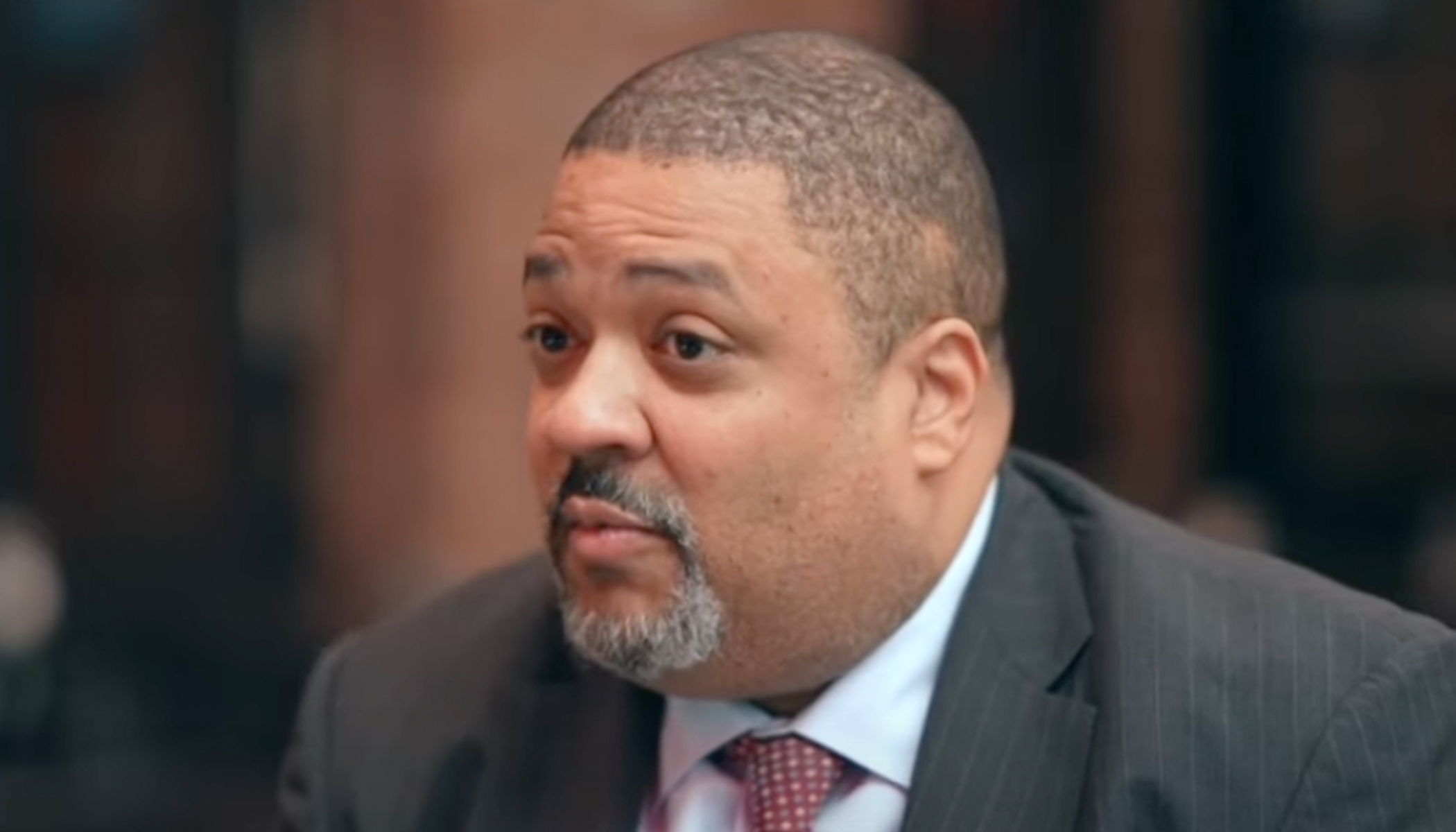Biden Targets Young Voters With Major Marijuana Policy Change
In a significant policy shift, President Joe Biden is moving to reclassify marijuana, highlighting his administration's focus on young voters' concerns as he eyes reelection.
Amid his 2024 campaign, Biden’s administration is proposing changes to federal marijuana policy while also addressing key youth issues like student loan forgiveness and abortion rights in a bid to attract younger Americans' support, as the Associated Press reports.
Biden’s Reform Agenda Targets Young Electorate
As the November election draws near, President Biden has intensified efforts to garner the support of young voters. Initiatives ranging from tackling student debt to safeguarding abortion rights are central to his campaign. Notably, his administration is now advancing a proposal that could transform federal marijuana regulations.
The U.S. Drug Enforcement Administration (DEA) is considering acknowledging the claimed medical benefits of cannabis, which may lead to its reclassification as a substance with lower abuse potential. However, this change would stop short of legalizing recreational use.
Last October, Biden requested a review of marijuana policies, culminating in the pardoning of Americans convicted of simple possession. This gesture underscored a shift towards more lenient federal marijuana laws.
Marijuana Legalization Receives Public and Political Backing
Public support for the legalization of marijuana has been robust, with a significant majority expressing favorable views in recent polls. In response, Biden and Vice President Kamala Harris have publicly supported reforms, especially noted during the 4/20 cannabis holiday, an annual event emphasizing marijuana advocacy.
These actions are in line with the sentiments of Rep. Earl Blumenauer, who stated, “The American people have made clear in state after state that cannabis legalization is inevitable.” This reflects a national trend toward more liberal marijuana policies.
Moreover, Biden’s pardon of thousands for federal marijuana possession and his urging for state-level pardons highlight a nationwide push to align federal and state laws concerning marijuana use.
Opposition to Biden’s Marijuana Strategy Emerges
Despite the growing public and political support for marijuana legalization, there is significant opposition. Former DEA Administrator Tim Shea has criticized Biden’s approach as overly political and not sufficiently grounded in scientific evidence. “This is a political act — it’s not following the science,” Shea commented, reflecting concerns about the increased potency and potential adverse effects of modern cannabis strains.
Shea further expressed dismay from the law enforcement community, stating, “Law enforcement can’t believe it’s happening.” This underscores the divide between federal policy shifts and traditional law enforcement perspectives.
Conversely, advocates like Ethan Nadelmann argue that federal reforms would end what he calls the “hypocrisy” of the current legal landscape, where the federal government and numerous states hold vastly different stances on marijuana.
Implications of Federal Marijuana Reform
The reclassification of marijuana could have significant economic impacts, potentially reducing taxes on marijuana businesses, which would encourage further growth and development within the industry. Additionally, it could facilitate more comprehensive research and the provision of loans to businesses in this sector.
Former President Donald Trump also commented on the issue, recognizing the popularity of legalization despite acknowledging potential harms. “Legalizing cannabis is a 'pretty popular thing' among voters,” Trump said in a Newsmax interview, indicating bipartisan recognition of the issue’s resonance with the public.
In total, 38 states have now legalized medical marijuana, with 24 approving recreational use, reflecting a significant shift in the legal landscape across the United States.
Conclusion: A Focused Strategy for Youth Voter Engagement
In conclusion, President Biden’s strategy to reclassify marijuana aligns with broader efforts to engage young voters by addressing their core concerns.
This policy, along with actions on student loans and abortion rights, highlights a tailored approach to securing the youth vote in the upcoming elections.
The move also reflects a significant shift in public opinion and the evolving legal and political landscape surrounding marijuana in the United States.






